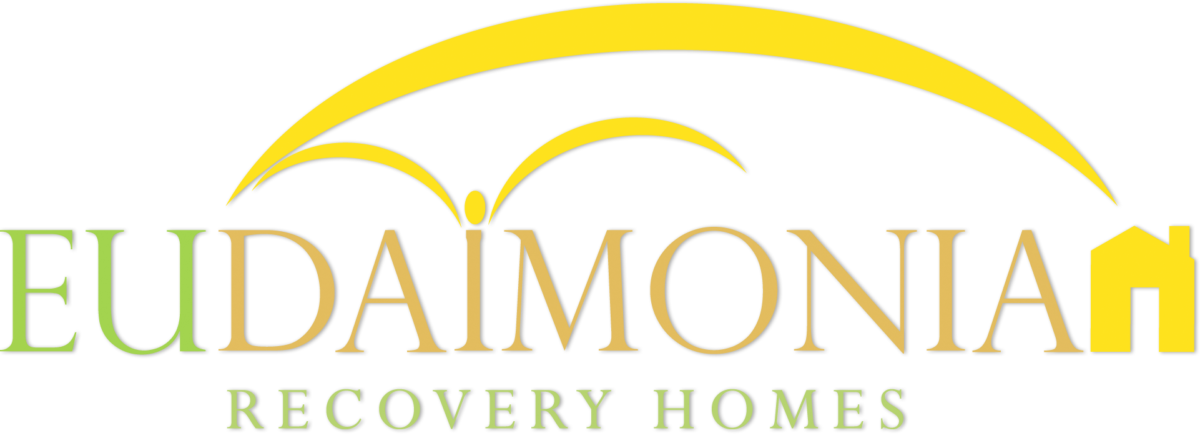How Journaling in Recovery Benefits Mental Health
Table of contents
Writing in a private diary was a common practice for many during childhood; it was a place to confess inner thoughts, struggles, and goals for the future without the need to worry about outside judgment or punishment. You may have stopped keeping a diary once you reached adulthood, but the concept and its benefits can still apply. Journaling in recovery is a helpful way of maintaining a regular record of your thoughts and feelings and can be a means of processing them as they happen as well as in hindsight.
If you are one of the many adults who find the struggle with stress, depression, or anxiety to be a constant battle, studies have found that keeping a recovery journal can be a helpful tool in learning to gain control of your emotions or negative behaviors and in improving your overall mental health [1] [4]. A journal can help you to open up and better understand the feelings you are having without actually forcing you to mention those feelings in an open conversation or counseling session. Keeping a record of your experiences, both good and bad, can help you to see the progress that you’ve made in your recovery as well. The simple act of writing down your thoughts and feelings may help you understand them more clearly than if you just keep them bottled up inside [2].
How to Begin Journaling in Recovery
Because journaling in recovery is a form of expressive writing that is unique and personal to you, there is no right or wrong way to begin. Write in any way that you feel best suits your recovery needs and goals, keeping in mind that the key to journaling’s positive impact is in understanding events in your life, the feelings that you’ve associated with those events, and planning to make a positive difference in your life based on your newfound understanding [3]. This can help you recognize when and under what conditions you might be most at risk for a slip or relapse. It can also help you identify certain situations and attitudes that are empowering to you and can assist you in remaining strong in your commitment to sobriety.
Journaling is a self-reflective activity, and it can be aided by the use of other activities that also foster an inner, reflective state. Meditating, walking in nature, listening to music, and taking a nap or resting are other ways that you can become more in tune with your deeper thoughts and feelings and will allow them to emerge. Try to view your writing time as a relaxing break period when you will be able to de-stress and wind down from the day. Write in a place that’s relaxing and soothing to you and is free from other distractions.
The following tips can help you get started with journaling:
- Make it a point to write something every day. Setting aside a few minutes each day to write in your journal will get you accustomed to a routine that will remind you to update your journal regularly.
- Make it easy on yourself. Always keep a pen and paper handy to write down notes on your thoughts, feelings, and the events of the day that you can later expand on in your journal. There are also apps that are helpful if you’d rather journal on your smartphone.
- Write whatever suits you. Your journal is your own private escape to express your feelings and create whatever you want. Let the words and ideas that come to mind flow freely. There is no need to worry about trivial errors such as spelling mistakes or what other people might think of you.
- Use your journal as you see fit. The choice to share your journal with anyone else is your decision and yours alone. You have no obligation whatsoever to let anyone read your journal, but if you decide that you would like to share some of your thoughts with trusted friends or loved ones it might be helpful to show them only the parts of your journal that you feel comfortable with at the time.
Types of Recovery Journals
- A diary can provide a glimpse into how you were feeling at a given moment or during a given situation. Diary entries are almost always kept private and are for your own personal reference to look back on and see how you have grown in your recovery.
- A reflection journal can provide a retrospective look back into how you felt throughout the day and what struggles you were able to overcome. Many treatment centers encourage patients to keep an evening reflection journal, which is a great way to keep your recovery process close while allowing a time of reflection and relaxation at the end of each day.
- A gratitude journal gives you the opportunity to reflect on the things you are grateful for each day in recovery. You can look back on journal entries later to see how your attitude changed over time and how the things you were grateful for throughout your recovery process evolved.
- A goal-oriented journal can help you keep a track of the goals you have both in recovery and in everyday life, as well as the actions you are taking achieve those goals. Looking back at this type of journal can help you identify where you went off course if you did not reach a specific goal in order to achieve a positive outcome in the future.
Related post: Benefits of Mindfulness-Based Relapse Prevention
Other Benefits of Journaling in Recovery
- Over time, reviewing old journals will remind you of all the progress you have made in your recovery and strengthen your resolve to overcome future challenges.
- Writing down plans for the future and goals involves your subconscious to help make them a reality.
- Keeping a journal increases accountability. By keeping a journal you are more likely to be honest with yourself regarding any negative behavior or unwise decisions that you may otherwise have been in denial about.
- Journaling can help you prioritize your problems along with your goals and responsibilities.
- It aids in helping track your symptoms, setbacks and successes on a regular basis.
- Writing can help you better recognize, understand, and deal with any addiction triggers you may experience.
- An important benefit of journaling is that it can help you identify any negative or self-defeating thoughts and self-talk so that you can understand and correct them with a more positive mindset.
Related post: Why Emotional Intelligence is Vital for Recovery
Reach out for Assistance if Necessary
At Eudaimonia Recovery Homes, we recognize that the journey of addiction recovery is different for everyone. The experienced professionals at Eudaimonia can help you learn how to manage your emotional experiences and behavior as you adjust to your new sober life after rehab. Call us today at (512) 580-3130 or contact us online for more information.
References:
- Journaling for Mental Health – Health Encyclopedia – University of Rochester Medical Center
- The Benefits of Journaling for Mental Health (rtor.org)
- How to Start Journaling for Better Mental Health | Psychology Today
- Mental Health and Substance Use Co-Occurring Disorders | MentalHealth.gov

